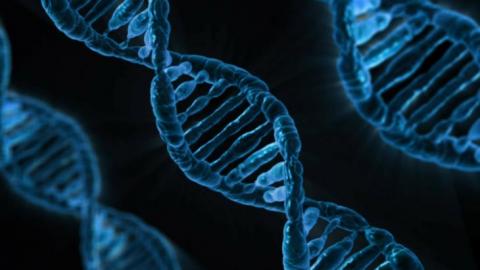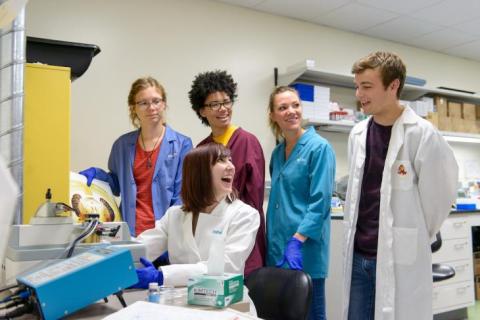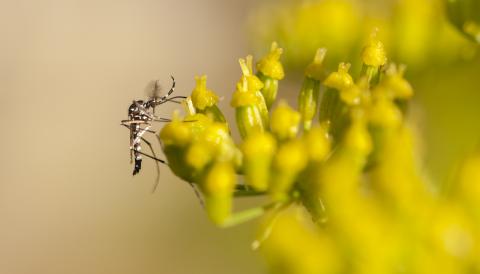Accuracy of "At-Home" Ancestry Tests
Accuracy of "At-Home" Ancestry Tests

In a recent interview with ABC 15, CEM faculty member Melissa Wilson Sayres weighs in on the accuracy of the "at-home" ancestry tests. These tests were a popular holiday gift this year. Wilson Sayres is a computational biologist whose main research interests include sex-biased biology. Wilson Sayres studies the evolution of sex chromosomes (X and Y in mammals), why mutation rates differ between males and females, and how changes in population history affect the sex chromosomes differently than the non-sex chromosomes. Generally she studies mammals, but is also curious about the sex-biased biology of flies, worms and plants. Wilson Sayres is also active in public science engagement and outreach. She writes for the evolution blog, pandasthumb.org, routinely teaches in K-12 classrooms, and regularly engages the public in discussions about the difference between sex and gender, the importance (or not) of genetic inheritance, and understanding evolution. ABC 15 called her in an independent genetics expert.
She notes that the more people who use these tests, the more accurate the data becomes as the pool grows in diversity. It turns out they might be fairly reliable indicators of ancestry and origin.
You can read more about her feature and watch her interview on ABC 15 News, here.


